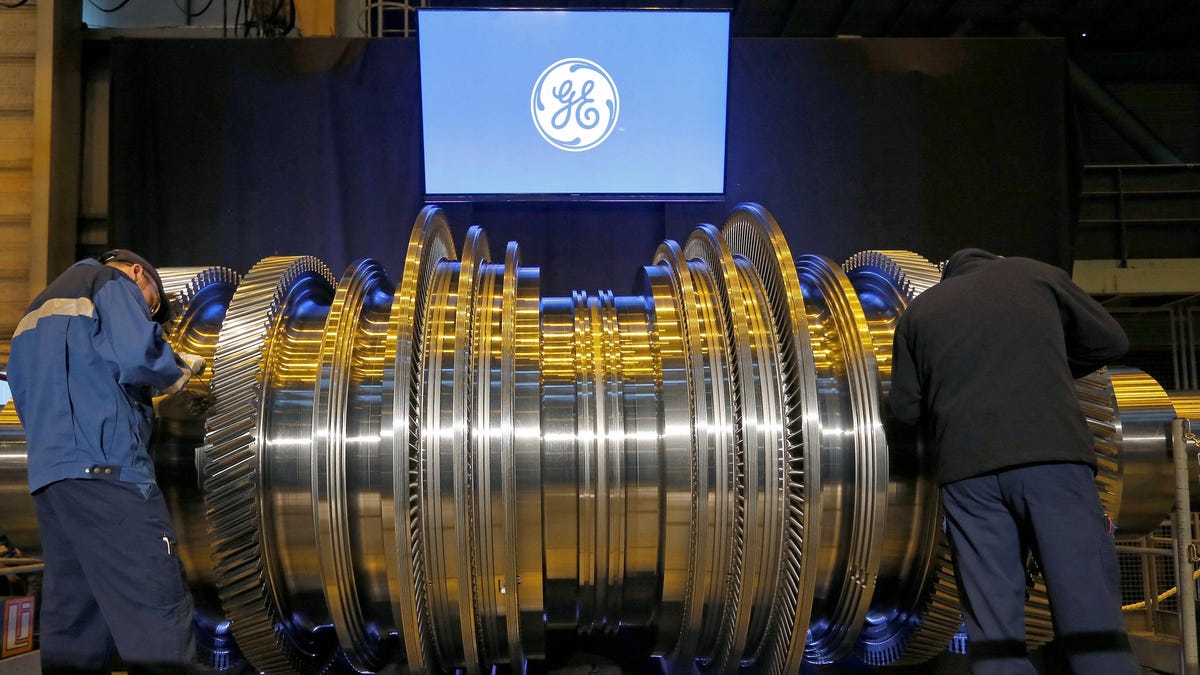The Restructuring of General Electric
In a recent Bloomberg Businessweek cover story, the General Electric CEO Larry Culp embarked on a factory tour, accompanied by executives, exploring a colossal furnace referred to as a “monument.” Expressing the need for enhanced efficiency in the manufacturing processes, Culp advocated for breaking down the furnace into smaller components to elevate productivity, stating, “We like to tear down monuments.”
Corporate Evolution
On a recent Tuesday, General Electric reimagined itself by undergoing a significant corporate break-up into three distinct entities. This development materialized three years after the initial announcement. The newly formed entities include a jet engine company, now known as GE Aerospace, an energy entity named GE Vernova, and GE HealthCare, a healthcare equipment company that was spun off the previous year. The latter two commenced individual trading sessions on the same day.
Within the note alongside the corporation’s 2023 annual report, Culp expressed, “This year’s letter marks our final communication for GE in its current configuration. However, this signals a new beginning rather than an end.”
Financial Performance
Following the corporate restructuring, GEHC stock, trading under the “GEHC” ticker, exhibited an impressive 47% surge post its introduction, surpassing the S&P’s 34% progress over a comparable timeframe. Conversely, GE Aerospace (GE) stock witnessed a marginal 2% slip during Tuesday’s trading session, while GE Vernova (GEV) shares experienced a 1% decline.
Legacy and Adaptation
In its 132-year trajectory, General Electric shaped itself as a prominent embodiment of American corporate ethos. Originating before several states acquired statehood, GE commenced as the commercial avenue for Thomas Edison’s light bulb innovations, subsequently diversifying into sectors including household machinery, broadcasting, and financial services. At its zenith, GE Capital’s magnitude warranted governmental categorization as one of the select “too big to fail” financial institutions.
However, sustaining such a multifaceted corporate empire eventually strained investor sentiment. Following the influential leadership tenure of CEO Jack Welch, who bid adieu lucratively in 2001 after steering the organization for two decades, GE’s market cap plummeted drastically. Amidst shedding various assets encompassing consumer credit and pharmaceutical divisions, the company took measures to streamline, ultimately culminating in its recent restructuring – analogous to snapping a twig.
Culp’s conviction, articulated in 2021, outlining the rationale behind creating three industry-leading global public entities, was met with a positive investor response, reflected in a 15% surge in the company’s stock value. His vision aimed at fostering greater focus, customized capital deployment, and strategic maneuverability to cultivate sustainable growth and value for the stakeholders, resonating with customers, investors, and employees alike.
Image/Photo credit: source url





